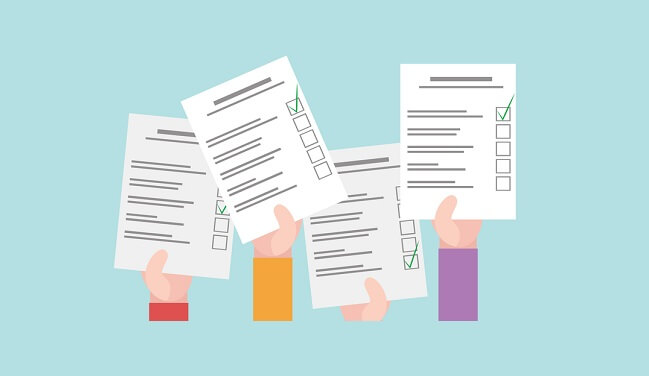British medtech company Lexacom has launched Patient Shield, a tool that automatically redacts personal data before it is processed by artificial intelligence (AI) systems.
Lexacom has previously provided NHS-compliant digital tools, with 60% of UK GPs using its software.
Patient Shield is the company’s newest platform for protecting patient data while reducing administrative work for health professionals.
It integrates with Lexacom’s workflow, ambient AI, digital dictation, and speech recognition tools.
Dr Andrew Whiteley (pictured), founder and managing director at Lexacom, said: “The NHS is under pressure to embrace AI, but many current solutions fail to meet data security standards.
“Patient Shield is designed to allow healthcare professionals to harness the benefits of AI while fully safeguarding patient data.”
A YouGov survey commissioned by Lexacom found more than half of people supported the use of AI in patient care, but 73% did not trust big technology firms with their personal information.
Whiteley added: “These figures highlight a critical tension: while the public is increasingly open to AI-driven healthcare solutions, concerns about data privacy remain a significant barrier to trust.
“Addressing these worries is essential, and one key approach is ensuring patient data remains protected while still allowing for the responsible and beneficial use of AI in healthcare.”
“For more than a quarter of a century we’ve developed solutions that empower clinicians and enhance patient care.”
He said: “Leveraging the latest in AI to create accurate and safe consultation notes and clinical documentation is a natural evolution of our expertise.
“Our new platform is designed to support healthcare professionals by reducing the administrative burden and freeing up their time to focus on what matters most – their patients.”
“Our technology is designed to support, not replace, quality healthcare.
“We are committed to offering a trusted solution that bridges the gap between technological innovation and compassionate care while protecting sensitive information from unauthorised access.”
















